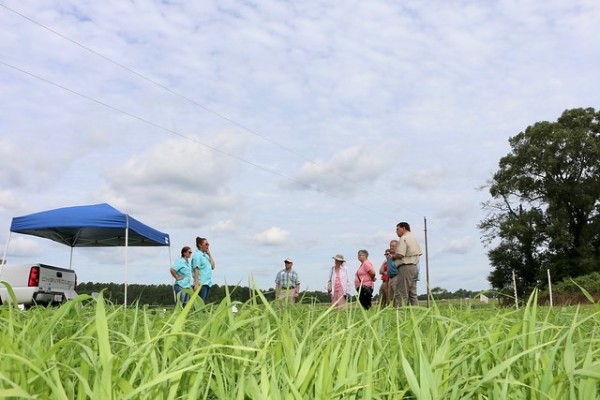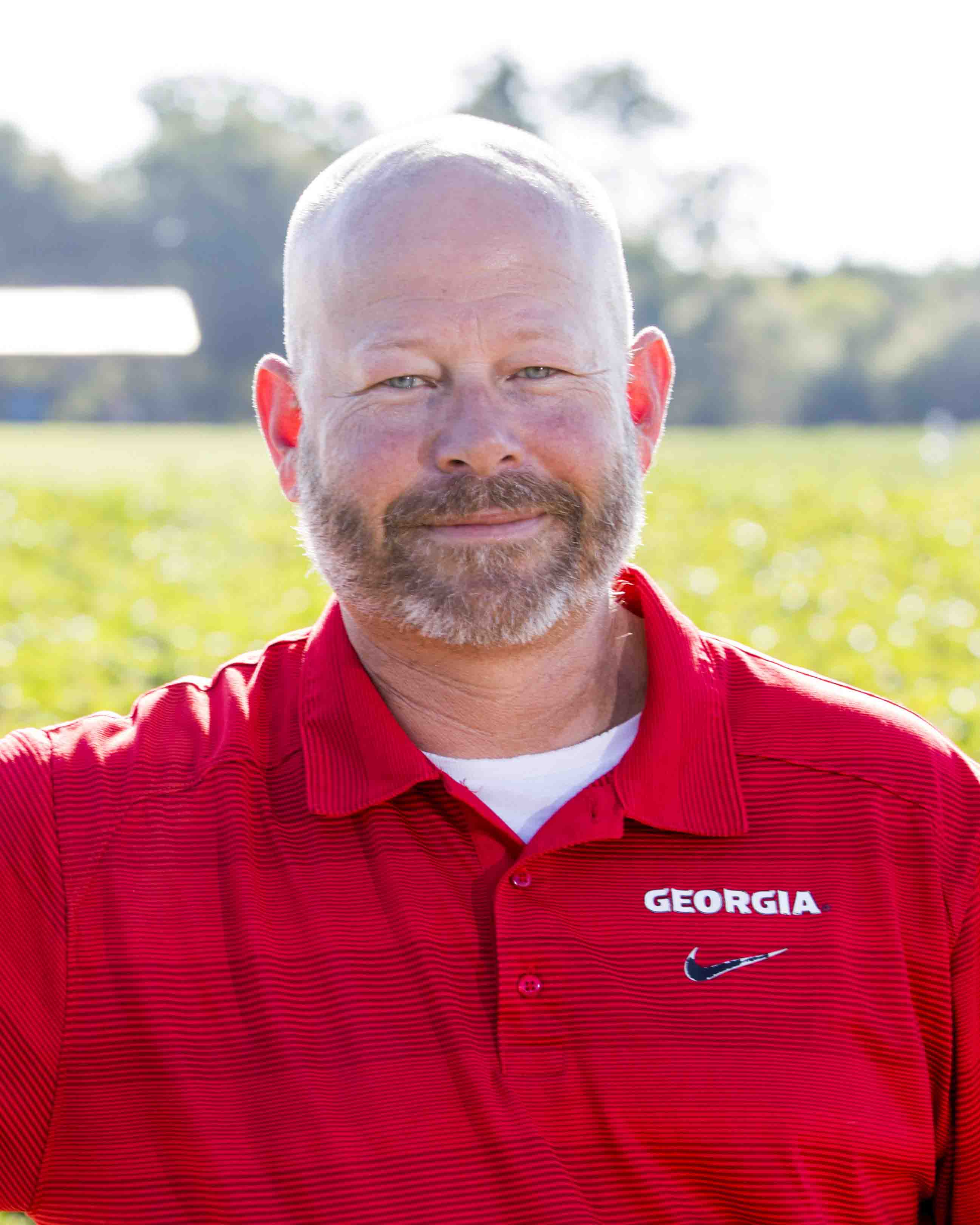J. Phil Campbell Sr. Research and Education Center
1420 Experiment Station Road, Watkinsville, Georgia 30677
Our Work and Priorities
The center's staff maintains a herd of 200 Angus and Angus-based brood cows and currently supports research in many areas including forage production and utilization by beef cattle, alfalfa breeding and production, fescue breeding, clover breeding, corn production strategies, and cotton variety trials. The area's climate and soils are suited for most of the commodities grown in the southern piedmont region.
In addition to the center's main priority of CAES research, its proximity to campus makes an ideal location for teaching and extension functions as well. JPCREC houses the Oconee County Cooperative Extension office as well as the North Region Agricultural Education offices.
Featured Research
Martian regolith and bedrock simulants
UGA Geology Ph.D. Student, Laura Fackrell, is first author on a publication summarizing the mineralogy of Mars surface materials and detailing the development of Mars soil and surface material simulants for agricultural studies. The photo shows one of the plants growing in her artifical light "green house" located at the UGA J. Phil Campbell Sr. Research and Education Center.
We investigate the latest production and technological practices, striving for producer profitability and sustainability.
Research and Education Centers (RECs) are hubs for innovation and discovery that address the most critical issues facing agricultural production throughout the state. Ultimately, our findings are shared with stakeholders through the extension and outreach efforts of the University of Georgia College of Agricultural and Environmental Sciences.




